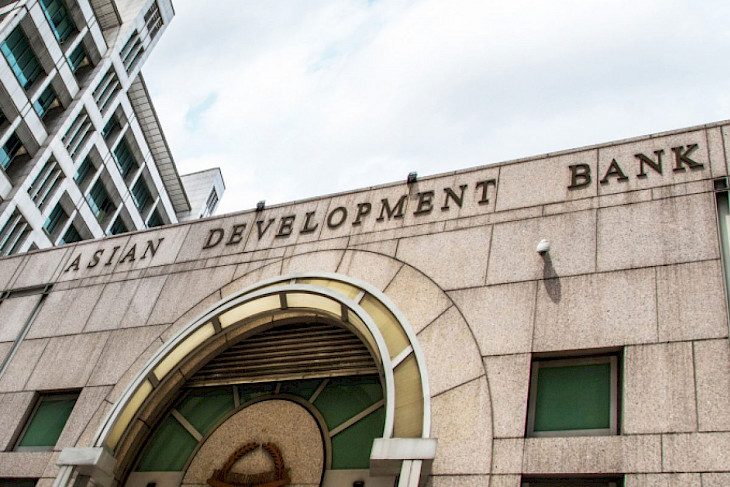Economic growth in Tajikistan will slow in 2023 as geopolitical uncertainty remains high, the ADB released its forecast, Avesta reports.
The country's gross domestic product (GDP) will slow to 5.5% in 2023 from 8% growth in 2022, according to forecasts from the Asian Development Outlook published by ADB. Growth is projected to recover to 6.5% in 2024, depending on growth in mining and other industries, as well as tax relief. Asia Development Review is ADB's leading economics publication.
“Growth in recent years has been driven primarily by industrial expansion and construction, particularly mining, and public investment,” said Shannie Campbell, ADB Resident Representative in Tajikistan.
She also noted that the transition to a digital economy can accelerate Tajikistan's economic growth, improve public services, reduce economic and social inequalities, and promote innovation.
“The government is pushing digitalization, but more needs to be done,” Campbell said.
Insufficient and expensive digital connectivity is an obstacle to digital development in Tajikistan. The country lags behind other countries in the region in mobile broadband subscriptions, with only 44% of households subscribed to it in 2021. Only a third of the population uses mobile Internet.
According to the report, Tajikistan can facilitate the transition to a digital economy and reduce inequality by investing in better communications, hardware and software. Also important is supporting digital literacy campaigns targeting girls and improving internet access for low-income households.
It is assumed that targeted subsidies can make Internet subscription more affordable. In addition, programming and coding training courses for young people from remote areas can improve the country's job prospects and reduce labor migration.
The government may consider establishing public service centers throughout the country, where ministries and departments would be integrated into a single entity to effectively and transparently provide public services to businesses and citizens.
Inflation, which stood at 4.2% in 2022, is projected to rise to 7% in 2023, reflecting a possible depreciation of the national currency coupled with the weakening of the Russian ruble, a further increase in consumer lending, higher salaries of civil servants and pensions. Inflation is forecast to slow to 6.5% in 2024 as global food prices moderate.
CentralasianLIGHT.org
March 4, 2023

